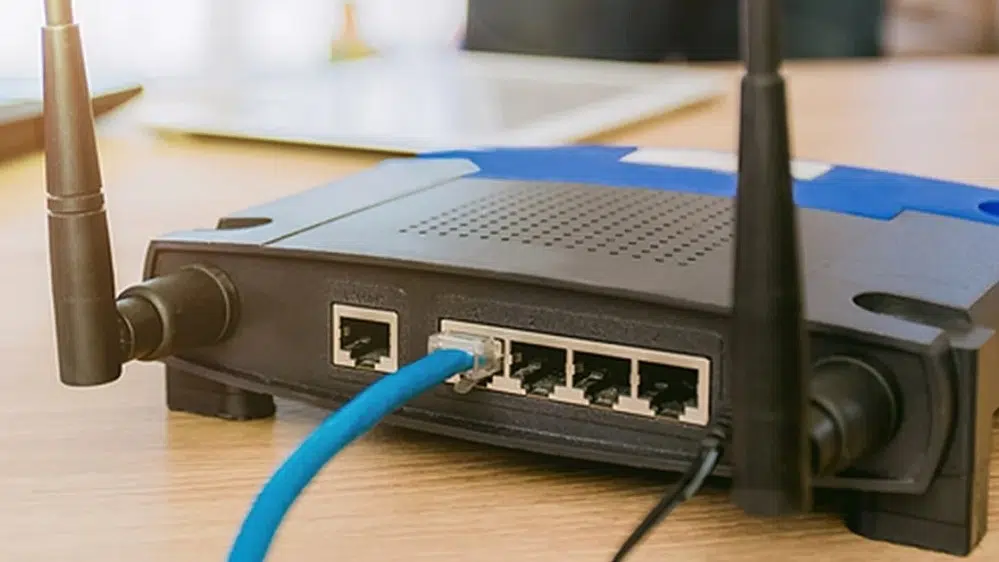In today’s connected world, a reliable WiFi network is essential for homes and businesses alike. Whether you’re streaming, gaming, or managing critical business operations, a seamless wireless connection is non-negotiable. At Cabling Company, we specialize in professional wireless WiFi installation services tailored to meet your connectivity needs. This guide explores the essentials of wireless WiFi installation, offering insights into planning, setup, and optimization for a robust network.
Why Professional WiFi Installation Matters
Setting up a wireless network might seem straightforward, but achieving optimal performance requires expertise. Professional installation ensures:
- Maximum Coverage: Properly placed access points eliminate dead zones.
- High-Speed Connectivity: Correct configuration prevents bottlenecks.
- Security: Robust encryption and settings protect against unauthorized access.
- Scalability: A system designed to grow with your needs.
At Cabling Company, our experienced technicians deliver customized solutions, ensuring your WiFi network is both reliable and efficient.
Key Steps in Wireless WiFi Installation
1. Site Survey and Planning
A successful WiFi installation begins with a thorough site survey. This involves assessing your property’s layout, size, and materials to determine the best placement for routers and access points. Key considerations include:
- Building Materials: Walls, glass, and metal can interfere with signals.
- User Density: Areas with high device usage need stronger signals.
- Interference: Nearby networks or devices like microwaves can disrupt WiFi.
Our team at Cabling Company uses advanced tools to map signal strength and identify potential obstacles, ensuring comprehensive coverage.
2. Choosing the Right Equipment
Selecting appropriate hardware is critical for performance. For most setups, you’ll need:
- Router: A high-quality router with dual-band or tri-band capabilities.
- Access Points: For larger spaces, additional access points extend coverage.
- Network Extenders: Optional for boosting signals in distant areas.
- Cabling: Structured cabling for wired backhauls to enhance stability.
We recommend enterprise-grade equipment for businesses and reliable consumer-grade options for homes, tailored to your budget and requirements.
3. Installation and Configuration
Once the equipment is selected, the installation process begins. This includes:
- Mounting Hardware: Securely placing routers and access points in optimal locations.
- Wiring: Installing Ethernet cables for wired connections or backhauls.
- Configuration: Setting up SSIDs, passwords, and encryption (WPA3).
- Testing: Verifying signal strength and speed across the property.
Our technicians at Cabling Company ensure every device is configured for peak performance, with minimal interference and maximum security.
4. Network Optimization
Post-installation, optimization is key to maintaining performance. This involves:
- Channel Selection: Choosing the least congested WiFi channels.
- Firmware Updates: Keeping devices updated for security and performance.
- Quality of Service (QoS): Prioritizing bandwidth for critical applications.
We provide ongoing support to ensure your network remains fast and reliable.
Benefits of a Well-Installed WiFi Network
A professionally installed WiFi network offers numerous advantages:
- Enhanced Productivity: Seamless connectivity for business operations.
- Improved User Experience: Fast, reliable WiFi for streaming, gaming, and browsing.
- Cost Efficiency: Properly configured networks reduce downtime and maintenance costs.
- Future-Proofing: Scalable systems accommodate future growth.
At Cabling Company, we design networks that meet both current and future needs, ensuring long-term value.
Common WiFi Installation Challenges and Solutions
Dead Zones
Dead zones occur in areas with weak or no signal. Solutions include:
- Adding access points or extenders.
- Repositioning routers for better coverage.
- Using mesh WiFi systems for larger spaces.
Interference
Nearby networks or devices can disrupt signals. We mitigate this by:
- Selecting optimal channels.
- Using 5GHz bands for less congestion.
- Shielding critical areas from external interference.
Security Concerns
Unsecured networks are vulnerable to attacks. Our team implements:
- Strong encryption (WPA3).
- Guest networks to isolate visitor access.
- Regular security audits.
Why Choose Cabling Company for WiFi Installation?
At Cabling Company, we pride ourselves on delivering top-tier wireless WiFi installation services across South Africa. Our process is designed to be seamless, from initial consultation to post-installation support. Here’s why clients trust us:
- Expertise: Our technicians are certified and experienced in network installations.
- Custom Solutions: We tailor every installation to your specific needs.
- Quality Assurance: We use industry-leading equipment and best practices.
- Ongoing Support: Our team is available for maintenance and upgrades.
Tips for Maintaining Your WiFi Network
To keep your WiFi network running smoothly:
- Regular Updates: Update router firmware to patch vulnerabilities.
- Monitor Performance: Use apps to check signal strength and speed.
- Limit Devices: Disconnect unused devices to free up bandwidth.
- Schedule Audits: Periodic checks ensure optimal performance.
For professional maintenance services, contact Cabling Company to keep your network in top shape.
Conclusion
A reliable WiFi network is the backbone of modern connectivity. Whether for a home, office, or large commercial space, professional wireless WiFi installation ensures speed, coverage, and security. At Cabling Company, we’re committed to delivering high-quality installations that meet your unique needs. Contact us today to schedule a consultation and experience the difference a professionally installed WiFi network can make.



